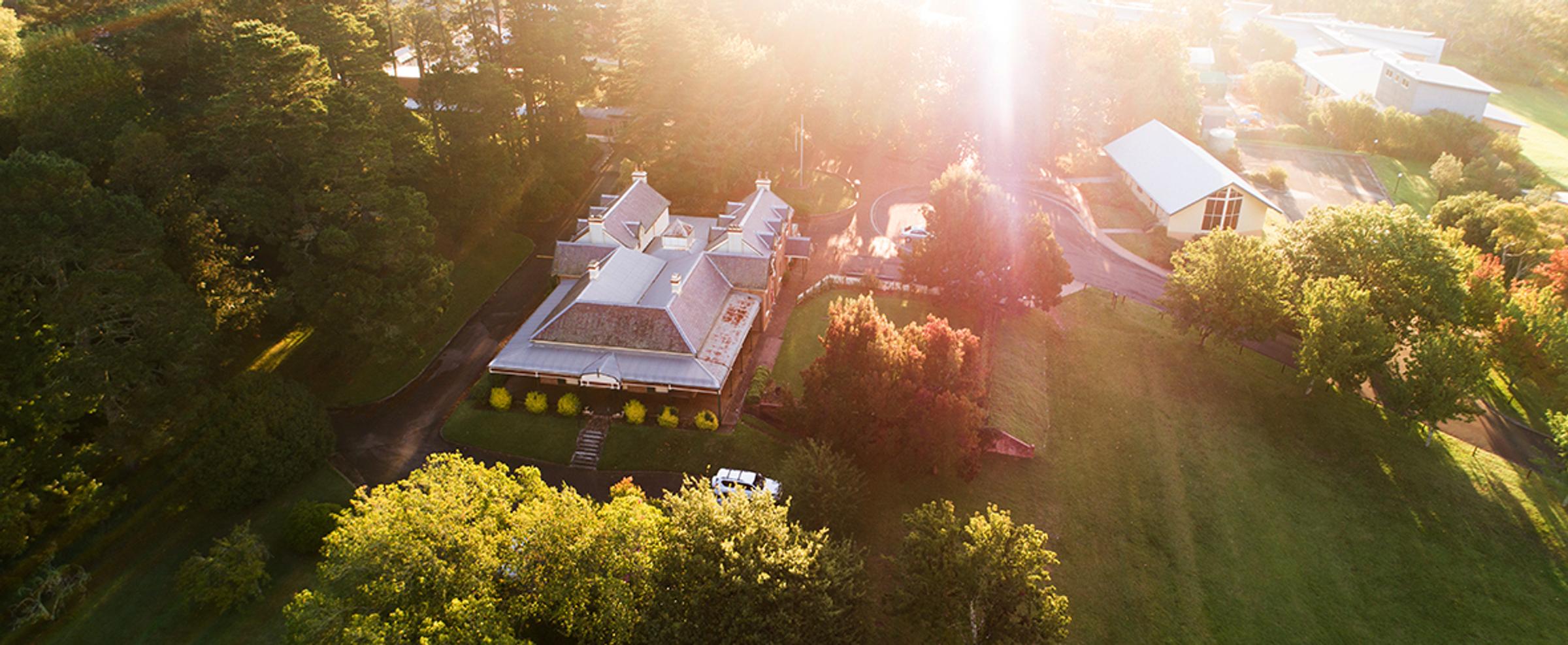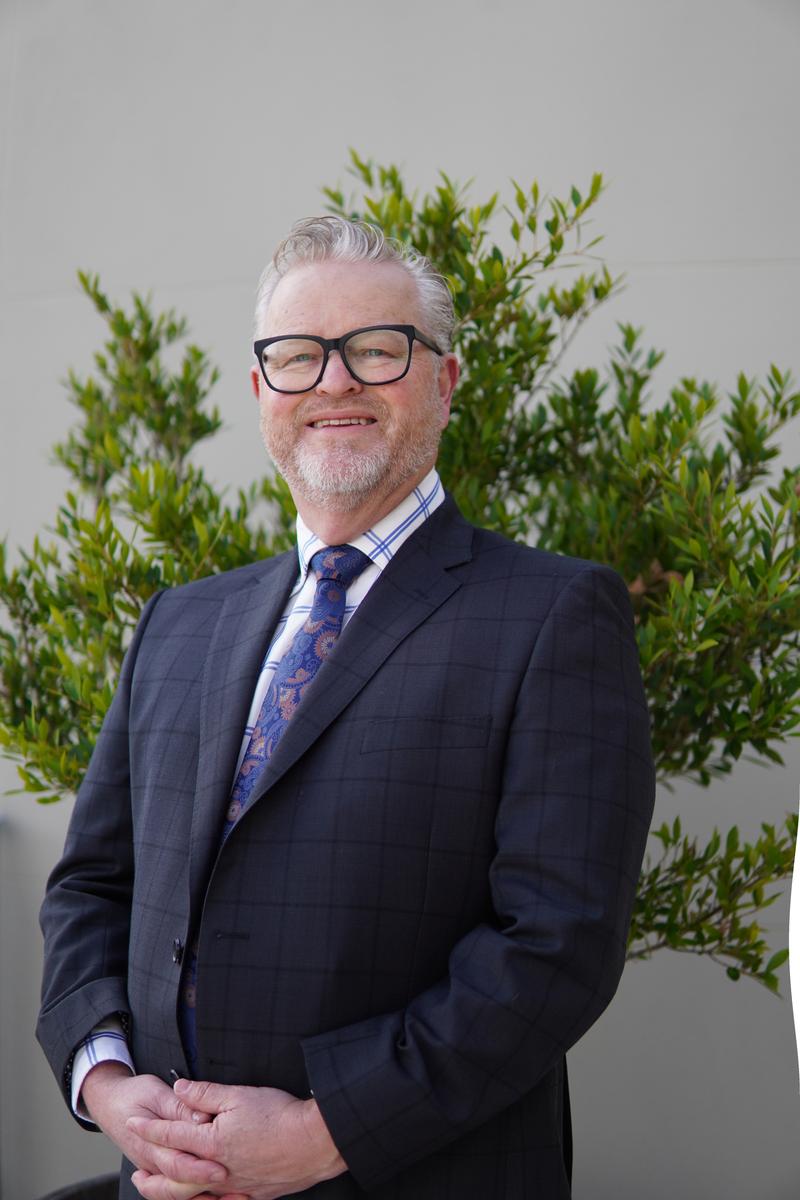From the Acting Headmaster

Often we hope for achievement without considering the repertoire of skills that might help us reach a higher level. In my experience, one of the most valuable skills we can teach our children and practise ourselves is the act of purposeful reflection, an essential part of learning and understanding.
Teaching your child to reflect on their work lets them understand that review is equally critical to the end goal. This legitimate skill needs to be passed onto students so they can notice errors or mistakes and then set about correcting or improving their original piece of work.
In a fast-paced world, taking the time to review and consider our work sometimes seems a luxury many of us cannot afford.
But we can take this a step further, and rather than just look at physical errors on paper, we can help our young people (and ourselves) consider and reflect on their approach to learning and associated tasks. Some behaviours will have allowed them to be successful, while others have contributed to a lapse in their progress or completion of a task. Identifying these areas is equally important to developing learners that can reflect, evaluate and improve the range of required skills to be clever 21st-century learners.
So do you, as an adult, model this form of reflection to your children? Do I? Are we willing to ask questions that might result in answers that cause us to change practices, attitudes or beliefs? Do we seek reflections from those we partner with in the learning process or life? Our young people will be able to provide valuable feedback about what works, what does not work, what could be done better and what could be improved if we create environments and contexts where the reflection of our practice is the norm.
Simon Hole (2009) states that the centre of designed learning is thinking and wondering. He identifies that cultivating deep reflection is the beginning of rethinking and changing a young person's understanding and approach to education.
We must be careful that we do not steal essential questions from our children in our pursuit of academic achievement and fabricated learning deadlines. The best learning occurs in a community, where one can work in isolation and collaborate but always in thought, asking critical questions and reformulating functions based on needs and futures.
I look forward to unpacking some key ideas for learning with you over the coming weeks. We will look to run some parent workshops so that we can partner with one another in seeking to create a fascinating learning experience for your child.
Mr Steven Coote
Acting Headmaster
